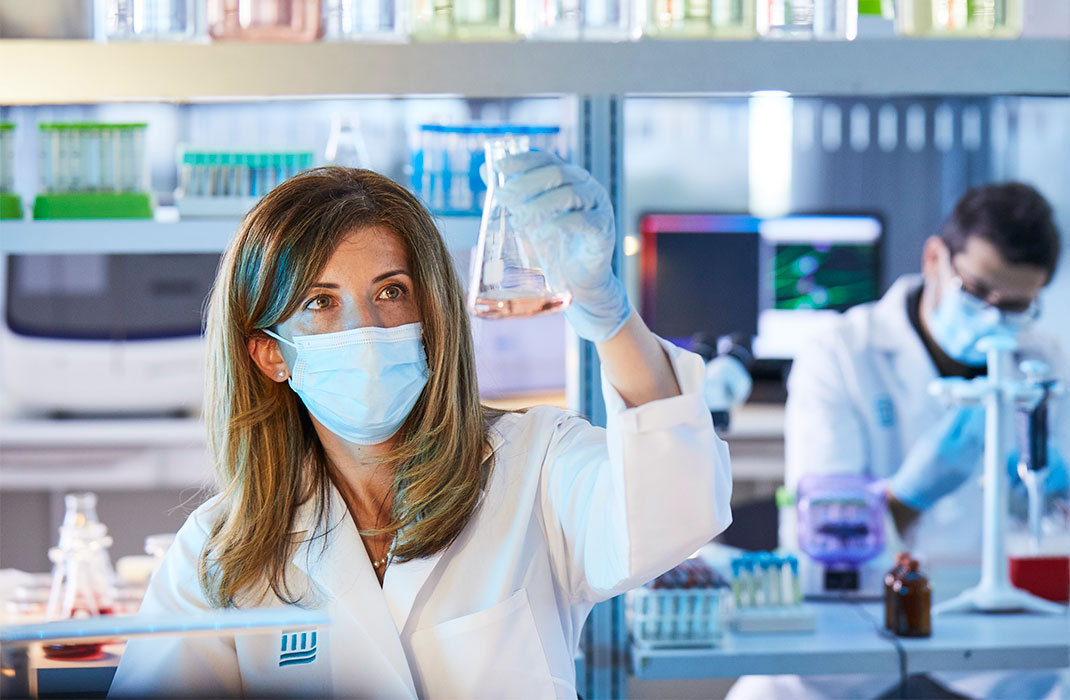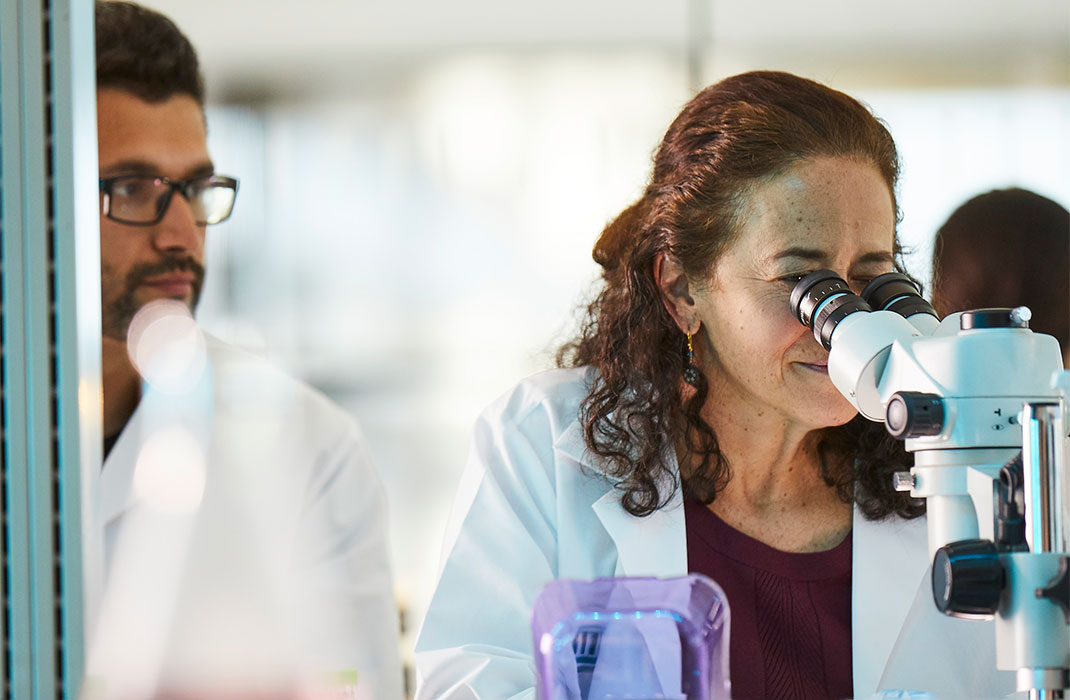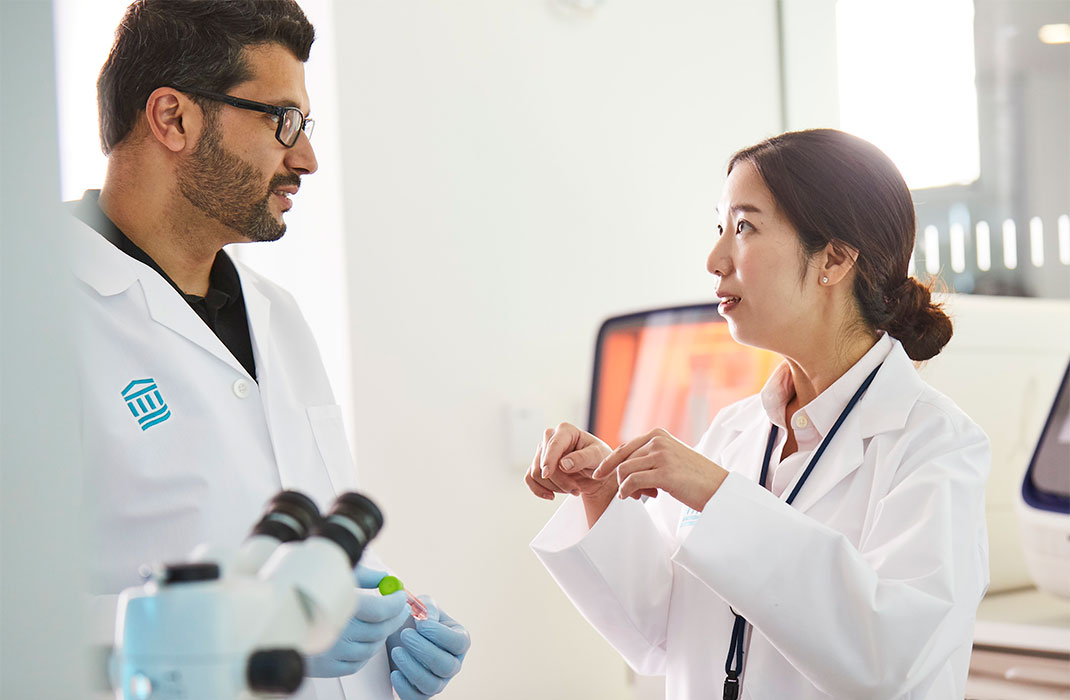-
- Find Care
-
- Visitor Information
- Find a Location
- Shuttles
- Visitor Policies
-
-
-
- Our Virtual Care Options
- Virtual Urgent Care
- Virtual Visits for Primary & Specialty Care
- Online Second Opinions
- Participate in Research
-
- Contact us
-
- For Innovators
- Commercialization Guide for Innovators
-
-
- Research News
- Alzheimer's Disease
- Artificial Intelligence
-
- Overview
-
- Overview
- Getting Started
- New to Mass General Brigham
- International Patient Services
- What Is Patient Gateway?
- Planning Your Visit
- Find a Doctor (opens link in new tab)
- Appointments
- Patient Resources
- Health & Wellness
- Flu, COVID-19, & RSV
- Billing & Insurance
- Financial Assistance
- Medicare and MassHealth ACOs
- Participate in Research
- Educational Resources
- Visitor Information
- Find a Location
- Shuttles
- Visitor Policies
- Find Care
-
- Overview
- Our Virtual Care Options
- Virtual Urgent Care
- Virtual Visits for Primary & Specialty Care
- Online Second Opinions
-
- Overview
- Participate in Research
-
- Overview
- About Innovation
- About
- Team
- News
- For Industry
- Venture Capital and Investments
- World Medical Innovation Forum (opens link in new tab)
- Featured Licensing Opportunities
- For Innovators
- Commercialization Guide for Innovators
- Contact us
-
- Overview
- Information for Researchers
- Compliance Office
- Research Cores
- Clinical Trials
- Advisory Services
- Featured Research
- Two Centuries of Breakthroughs
- Advances in Motion (opens link in new tab)
- Brigham on a Mission (opens link in new tab)
- Gene and Cell Therapy Institute
- Research News
- Alzheimer's Disease
- Artificial Intelligence
-
- Overview
-
- Overview
- Residency & fellowship programs
- Brigham and Women's Hospital
- Massachusetts General Hospital
- Mass Eye and Ear
- Newton-Wellesley Hospital
- Salem Hospital
- Integrated Mass General Brigham Programs
- Centers of Expertise
- Global & Community Health
- Health Policy & Management
- Healthcare Quality & Patient Safey
- Medical Education
- For trainees
- Prospective trainees
- Incoming trainees
- Current trainees
- Continuing Professional Development
What’s the Latest on ALS Research and Clinical Trials?

Treating amyotrophic lateral sclerosis (ALS) was a challenge well before 1939 when baseball player Lou Gehrig brought global attention to the nervous system disease. But with exciting new momentum in research and clinical trials for ALS, physician-scientists are hopeful about current and future treatments.
“We are at a turning point because we have a greater awareness of ALS, more funding and research, and more treatments in development than ever before,” says Sabrina Paganoni, MD, PhD, a Mass General Brigham physical medicine and rehabilitation specialist.
Dr. Paganoni leads clinical trials at the Sean M. Healey and AMG Center for ALS at Massachusetts General Hospital. She highlights a few exciting developments in ALS research across Mass General Brigham.
What is ALS?
ALS affects motor neurons, nerve cells that control the muscles responsible for how you move, swallow, and breathe. ALS is a progressive disease, meaning symptoms get worse over time.
In most cases, doctors don’t know what causes ALS. Researchers have identified more than 40 gene mutations linked to the condition, but only about 10% of people with ALS have one of these gene changes.
What are the goals of research on ALS?
Understanding the reasons why some people get ALS is a key research focus that will eventually help doctors stop it before it starts, says Dr. Paganoni. Researchers are also looking for ways to help patients and their families navigate symptoms.
Most ALS research aims to:
HEALEY ALS Platform Trial
To accelerate the discovery of new treatments for ALS, Mass General Brigham launched the HEALEY ALS Platform Trial in 2020. Led by chief of Neurology at Massachusetts General Hospital Merit Cudkowicz, MD, MSc, and Dr. Paganoni, the trial is coordinated by the Healey and AMG Center and designed in partnership with the Northeast ALS (NEALS) Consortium. Patients can participate at more than 70 sites throughout the United States, including leading academic medical centers and community practices.
So far, more than 1,300 people have participated in the platform trial and seven drugs were evaluated. This collaborative effort with research partners from the industry, non-profit foundations, and patient groups has already helped move two promising drugs to the next phase of testing.
ALS clinical trials at Mass General Brigham
In addition to the HEALEY ALS Platform Trial, several ALS clinical trials and research studies at Mass General are enrolling participants. These studies hope to:
Access for All in ALS (ALL ALS)
The Accelerating Access to Critical Therapies for ALS Act of 2021 established a national clinical research consortium in 2023. ALL ALS is led by James Berry, MD, MPH, in collaboration with Suma Babu, MD, MPH, MBBS, and Dr. Paganoni, along with investigators at three other academic medical centers. The consortium collects and organizes samples and data from people with ALS and people at increased genetic risk for ALS.
“The goal of the consortium is to develop the largest data set and biosample repository from people living with ALS. This will lead to many discoveries,” says Dr. Paganoni.
BrainGate Neural Interface System
Leigh Hochberg, MD, PhD, director of the Center for Neurotechnology and Neurorecovery at Massachusetts General Hospital, is director of the BrainGate Consortium and clinical trials.
BrainGate is trying to determine if a device implanted in the brain can help people with ALS control assistive devices with thought. The technology is targeted to people who have lost the use of their limbs, including those with neurologic diseases such as ALS and beyond.
Where do I find more information about clinical trials for ALS?
“This is the right time to engage with ALS research. Clinical trials and research studies can give people with ALS the best possible tools to fight the disease now. Your collaboration also will help develop more treatments in the future,” says Dr. Paganoni.
Start by talking to your doctor, who can offer guidance about the most appropriate research options for your circumstances. For more details about research opportunities and updates about treatment options at Mass General Brigham:
- Visit our ALS research page for a detailed list of current trials and studies and to apply.
- Register for ALS Link, a newsletter with clinical care information from ALS experts at the Healey Center and updates about the HEALEY ALS Platform Trial and other research.
- Watch ALS webinars and symposiums for weekly discussions about the platform trial and other helpful topics.
Working together, the outlook for ALS treatment is hopeful, says Dr. Paganoni.
“We need to keep the momentum going, with more funding, more initiatives, and continued participation from the ALS patient community, so that we can make progress together.”


